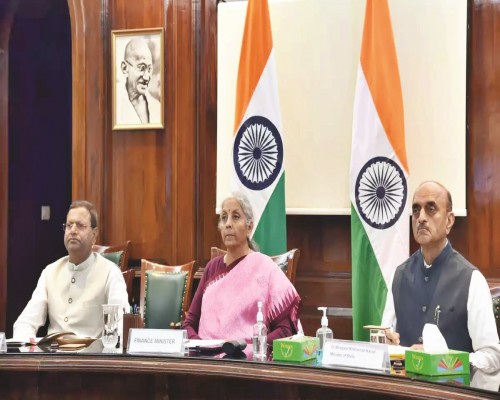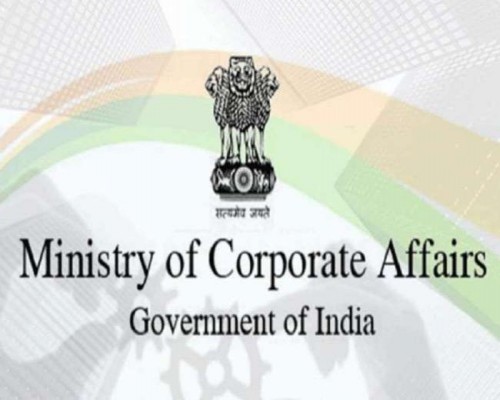Government Revises Privatization Policy for Public Sector Companies

UV INDIA NEWS: New Delhi: In the fiscal year 2021-22, the Indian government announced its policy on privatising Central Public Sector Enterprises (CPSEs) and their disinvestment strategy through the Union Budget. The government declared its intent to privatise non-strategic CPSEs while retaining and disinvesting in CPSEs within strategic sectors. This approach marked a shift from earlier policies, as the government aimed to streamline public sector involvement and increase private sector participation in the Indian economy.
Key Points of the Revised Policy:
- New Privatization Strategy: The government’s revised policy, outlined in the Public Sector Enterprises (PSE) Disinvestment Policy 2021, focuses on reducing the presence of CPSEs in non-strategic sectors while privatising those in strategic sectors through a gradual and structured process.
- Privatization Goals: For the fiscal year 2024-25, the government has set a target of raising ₹51,000 crore through disinvestment. In the previous fiscal year, it achieved ₹56,260 crore, primarily through the privatisation of significant entities such as Air India.
- Air India’s Privatization: Air India's sale has been the most significant privatisation effort in recent years. This move highlighted the government's commitment to reducing its footprint in sectors where private players can operate more efficiently.
- Strategic Disinvestment: The government continues to evaluate and identify CPSEs that can be moved into the private sector. Several companies have been shortlisted for potential privatisation, including Engineers India Limited, Bridge & Roof Company, and Hindustan Copper Limited.
Challenges and Considerations:
- Election Delays: One of the challenges faced in executing the disinvestment plan is the delay caused by elections in various states. Political factors often influence the pace and timing of privatisation efforts, making it difficult to proceed with planned sales during election periods.
- Complex Privatization Process: Privatizing CPSEs is a complex process that requires careful planning to safeguard the interests of stakeholders, including employees and investors. The government has emphasised the need for a transparent and fair approach to executing these sales.
- Impact on the Economy: The revised privatisation policy is expected to contribute significantly to India’s economic growth by encouraging private investment, enhancing efficiency, and generating revenue for the government. Including private sector companies is seen as a critical step toward developing a more competitive and diversified economy.
Future Outlook:
- Continued Focus on Strategic Sectors: The government will continue focusing on strategic sectors where public sector participation is essential while gradually reducing its role in non-strategic areas. This approach aims to foster a balanced and resilient economy.
- Revenue Targets: Achieving the disinvestment and privatisation targets is crucial for the government’s fiscal management, especially considering economic recovery efforts post-pandemic. The proceeds from these sales are expected to play a vital role in funding infrastructure and development projects across the country.
In summary, the government's revised privatisation policy represents a significant shift in its approach to managing public sector enterprises. By encouraging private sector involvement and focusing on strategic disinvestment, the government aims to build a more robust and efficient economic landscape in India.























